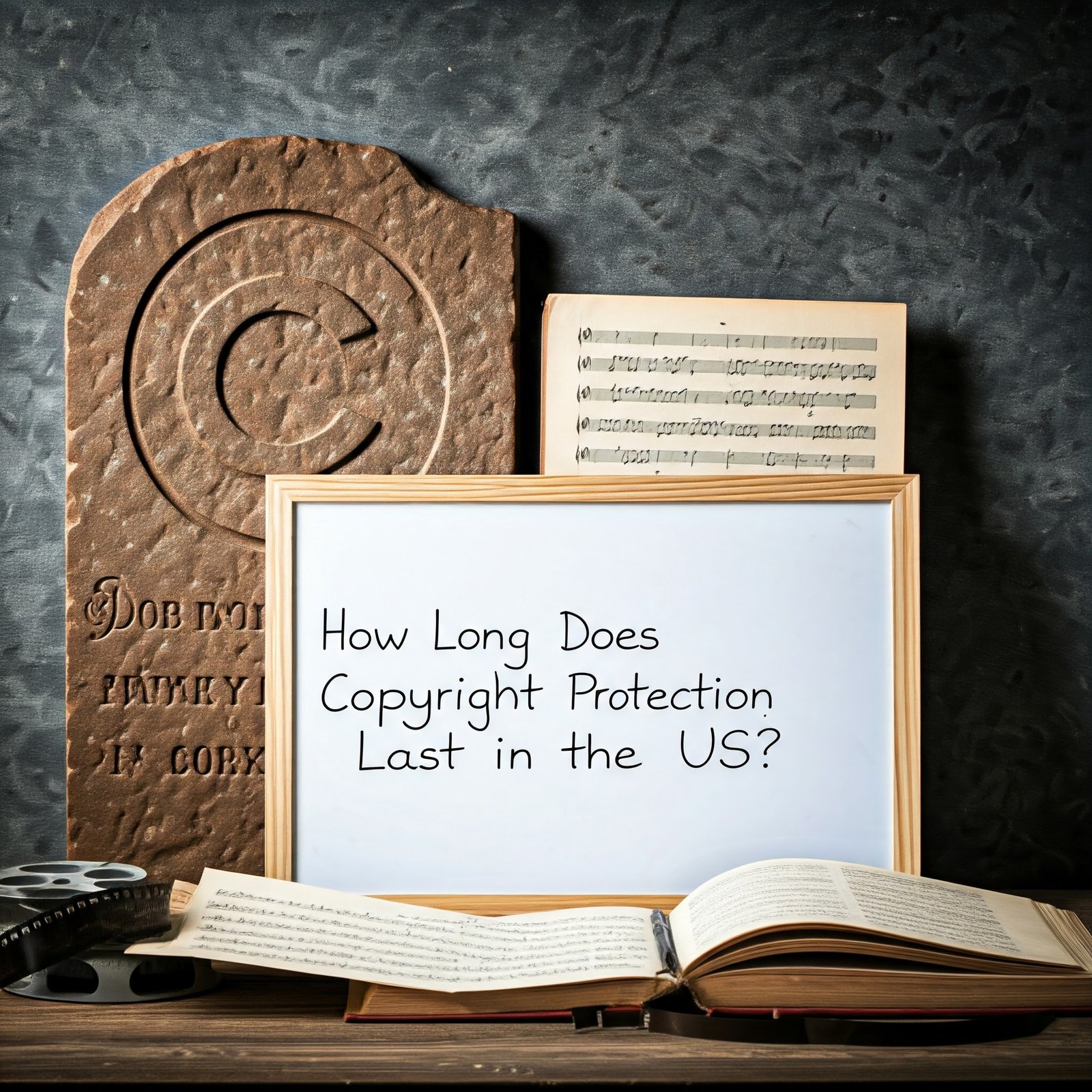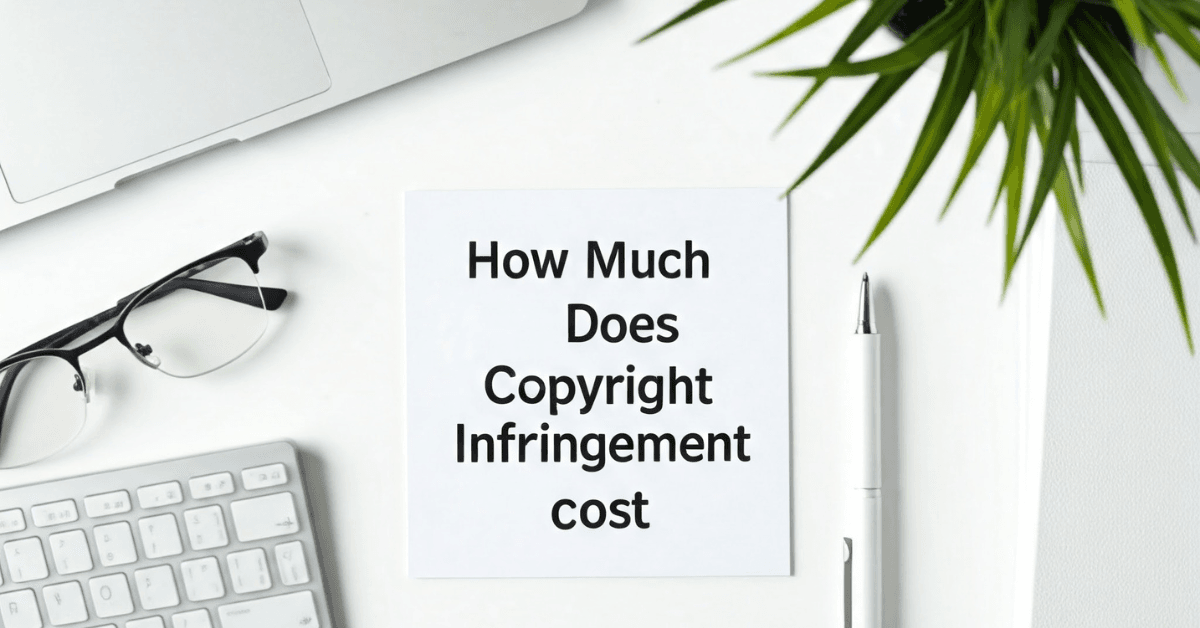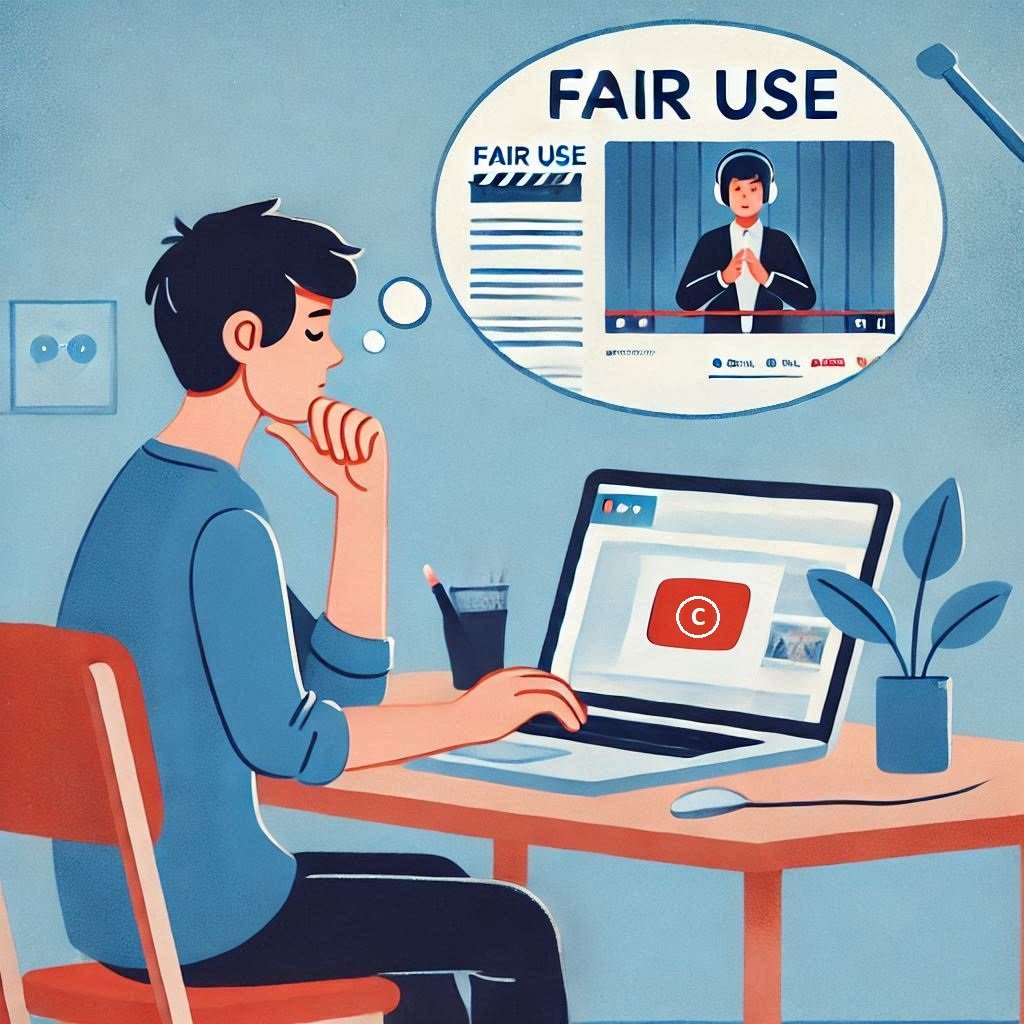Ever wonder how long does Copyright Protection last in the US? Copyright protection is the major way that original works of authors, such as music, books, and films, even paintings, are protected. But for how long does copyright protection last in United States (US)?
Let’s break it down in a way that’s easy to understand with the help of landmark court decisions.
What Is Copyright Protection?
Copyright protection means you, as the creator of a work, have the exclusive rights to use, share, or sell your work. It stops others from copying or using it without your permission. Imagine drawing a beautiful picture and someone taking it to claim as their own—copyright laws prevent that!
In simple terms, copyright is like a shield for your creativity. It ensures that only you can decide how your work is used or shared. Sounds fair, right?
How Long Does Copyright Protection Last in the US?
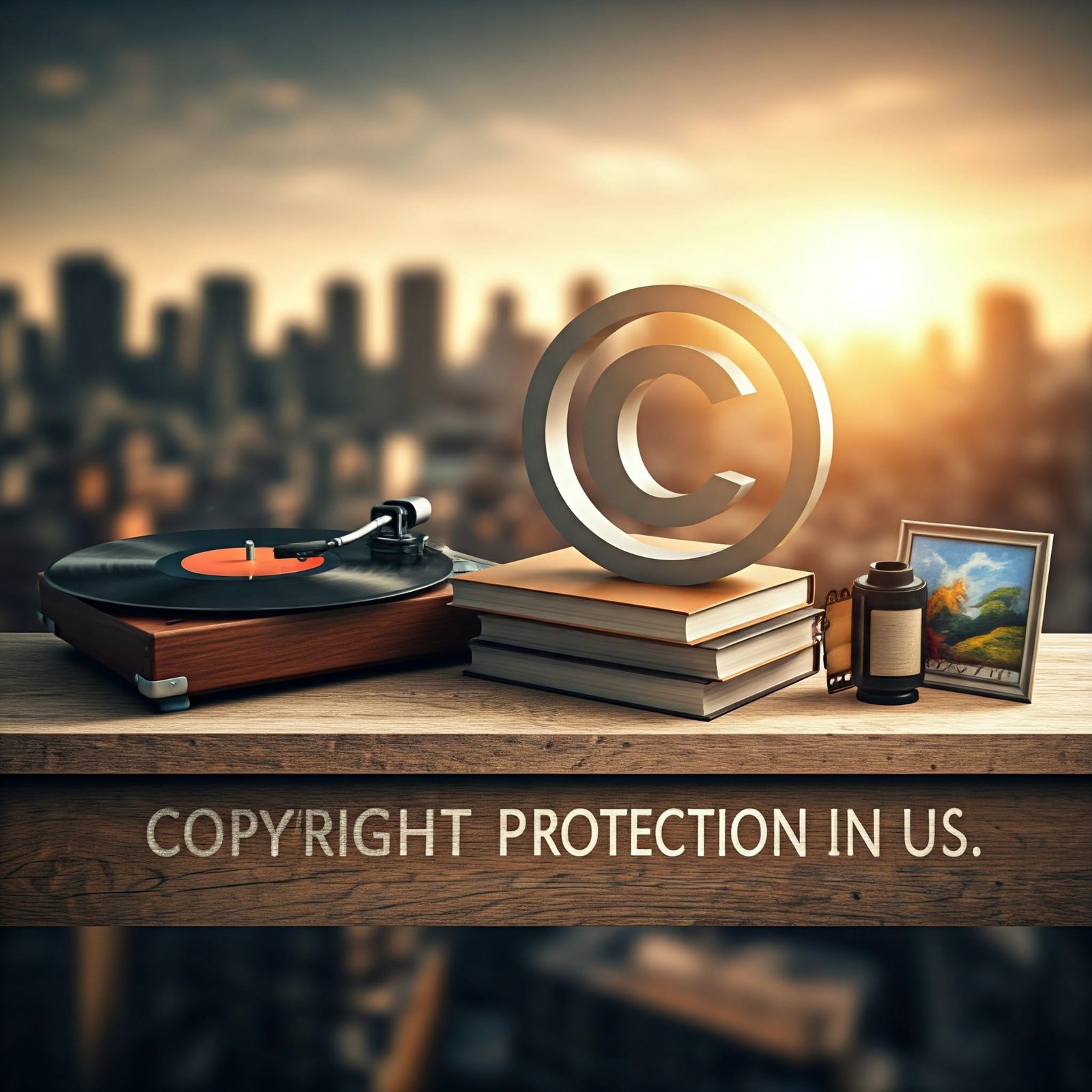
Many of us often wonder how long does copyright protection last in the US.? The duration of copyright protection in the US depends on when the work was created and by whom. Let’s explore the specifics:
1. For Works Created on or After January 1, 1978
If you’re an individual creator:
- Your copyright lasts for your lifetime plus 70 years.
For example, if you wrote a book in 2020 and live until 2070, your book’s copyright will last until 2140. That’s a long time, right? This extension allows your heirs or estate to benefit from your work even after you’re gone.
If the work is created by a company (known as “work for hire”):
- Copyright lasts for 95 years from the date of publication or 120 years from creation, whichever is shorter.
Does that sound complicated? Don’t worry; here’s an example: If a movie company releases a film in 2000, the copyright could last until 2095 unless the 120-year rule applies first. This ensures that companies can protect their investments in creative projects for a significant period.
2. For Works Published Before January 1, 1978
Works published before 1978 had different rules initially, but now:
- They’re generally protected for 95 years from the publication date.
So, if someone published a song in 1930, its copyright might expire in 2025. This adjustment was made to align older works with modern copyright durations.
3. For Unpublished Works Created Before 1978
If you wrote something but didn’t publish it before 1978:
- The copyright lasts until December 31, 2002 at a minimum.
- If you were alive on January 1, 1978, it will extend to your lifetime plus 70 years.
This provision ensures that even unpublished works have adequate protection under current laws.
What Happens When Copyright Expires?
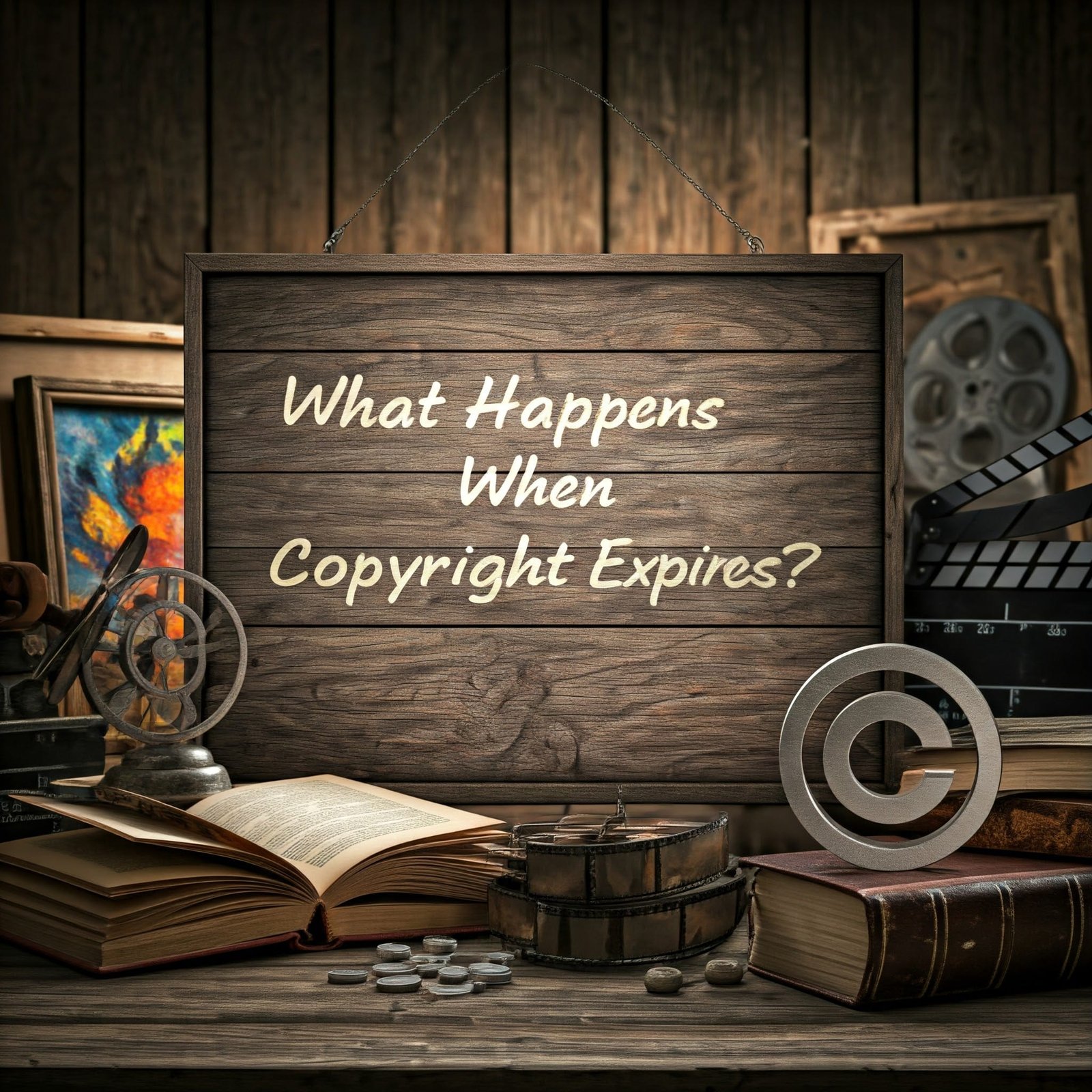
Here’s a question: What happens when copyright protection runs out? The answer is that the work enters the public domain. This means anyone can use, share, or reproduce the work without asking for permission or paying royalties.
For example, many classic works by Shakespeare or Beethoven are in the public domain because their copyrights expired long ago. Now, people can use them freely in movies, books, or plays. This helps to inspire new creative works without legal barriers.
Why Does Copyright Last So Long?
“After getting the correct answer to your question about how long does copyright protection last in the US, you might be thinking, ‘Why does copyright need to last so many years?’ Great question. Copyright laws aim to:
- Reward creators by giving them control over their work.
- Encourage creativity by allowing financial benefits.
- Protect their heirs or estates for decades after the creator’s death.
Imagine creating a hit song—you’d want your family to benefit from its success, wouldn’t you?
Can Copyright Be Renewed or Extended?
Once a copyright expires, it can’t be renewed. However, Congress has occasionally passed laws to extend copyright durations. For example, the Copyright Term Extension Act of 1998 (also called the Sonny Bono Act) extended protection periods for works.
These extensions reflect evolving cultural and economic needs, ensuring that creators and their families have prolonged protection.
What About International Copyright Laws?
Did you know copyright laws differ from country to country? The US follows the Berne Convention, an international treaty, ensuring basic copyright protection across member countries. But each country has its own rules for how long copyright lasts.
For example, in some countries, copyright lasts for the creator’s life plus 50 years. So, if you’re sharing your work globally, it’s essential to understand these differences.
How Can You Protect Your Copyright?
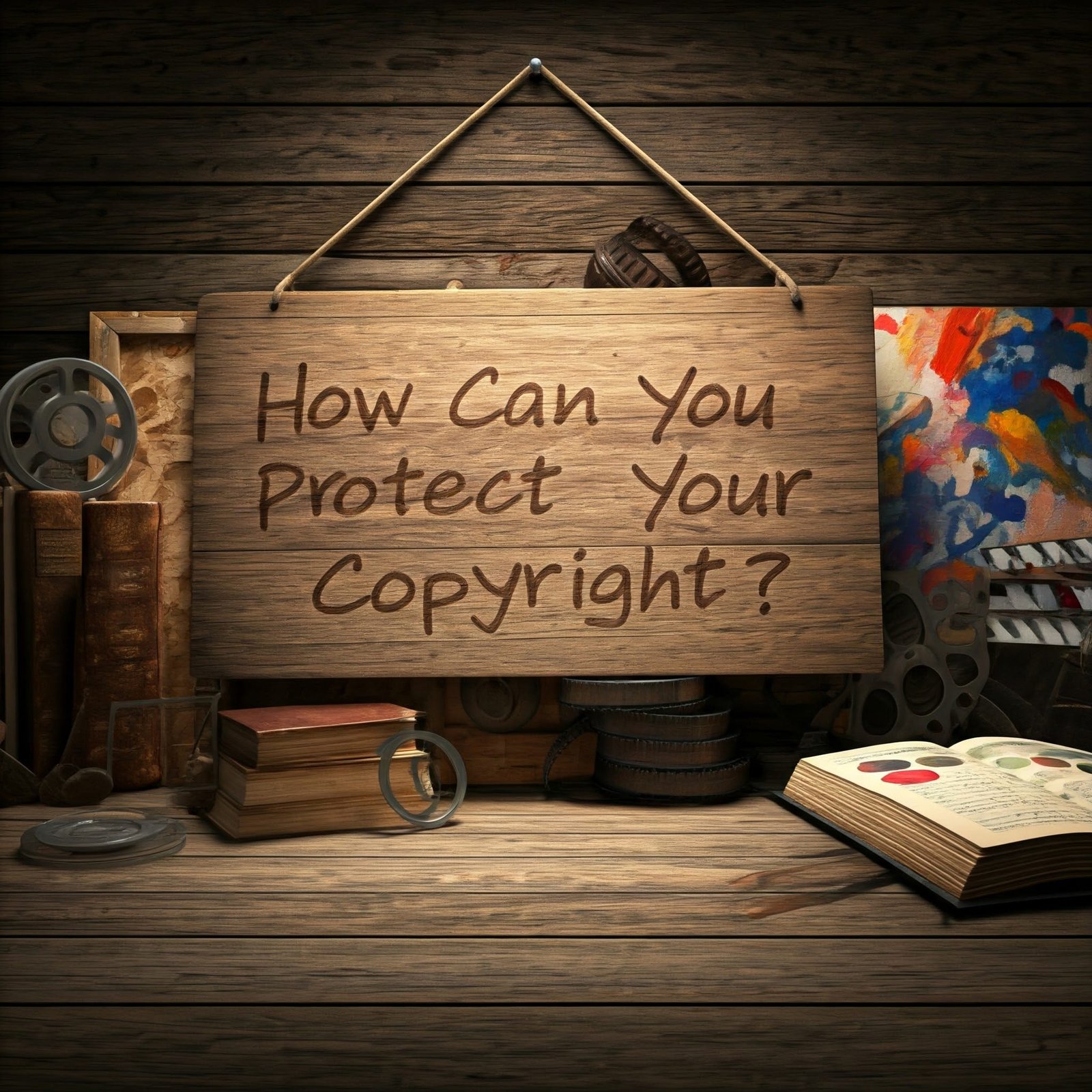
Register Your Work with the U.S. Copyright Office: Although copyright protection is automatic upon creation, registering your work provides legal benefits, including the right to sue for infringement and claim statutory damages and attorney fees.
Use Copyright Notices: Place a copyright notice on your work, such as “© [Year] [Your Name]. All rights reserved.” This deters potential infringers and clearly communicates that the work is protected.
Maintain Detailed Records: Keep records of the creation process, including drafts, correspondence, and any other documentation that demonstrates your authorship and the timeline of your work. This can be valuable evidence in legal disputes.
Monitor and Enforce Your Rights: Regularly search for unauthorized uses of your work online and offline. If you discover infringements, take action by sending cease-and-desist letters or filing lawsuits if necessary.
Use Digital Rights Management (DRM): Implement DRM technologies to control how your digital works are used and distributed. This includes setting permissions for copying, sharing, and modifying your content to prevent unauthorized use.
By following these steps, you can effectively protect your copyright and ensure that your creative works are safeguarded.
Recent Developments in Copyright Law
Understanding how long does copyright protection last is crucial, but it’s also important to stay informed about recent legal interpretations and court cases that help shape copyright law in the U.S. Let’s explore a few noteworthy examples:
1. Bridgeman v. Corel (1999):
A U.S. district court held that copies of public domain artworks do not acquire new copyrights. This means that simply copying a public domain work does not grant new copyright protection to the copy.
2. Fox v. Dastar (2003):
The U.S. Supreme Court ruled that trademark law cannot be used to extend an expired copyright. This case emphasized that copyright protection is statutory and not perpetual.
3. Good Morning to You Productions v. Warner/Chappell Music (2015):
A California District Court held that the song “Happy Birthday” was in the public domain. Warner/Chappell had claimed ownership of the song and collected royalties for decades, but they were unable to prove their ownership.
Key Takeaways
Here’s a quick summary for you to better understand and remember how long does copyright protection last in the UAE:
- Copyright for individual creators lasts for life plus 70 years.
- For companies, it’s 95 years from publication or 120 years from creation.
- Older works may follow different rules based on when they were created or published.
- Expired copyrights mean works enter the public domain, becoming free for everyone to use.
Final Thought
Now you know the basics of how long does copyright protection last in the US. Isn’t it fascinating how these laws help protect creativity and encourage innovation? Next time you create something amazing, you’ll understand just how long your work is protected and how the law supports you.

